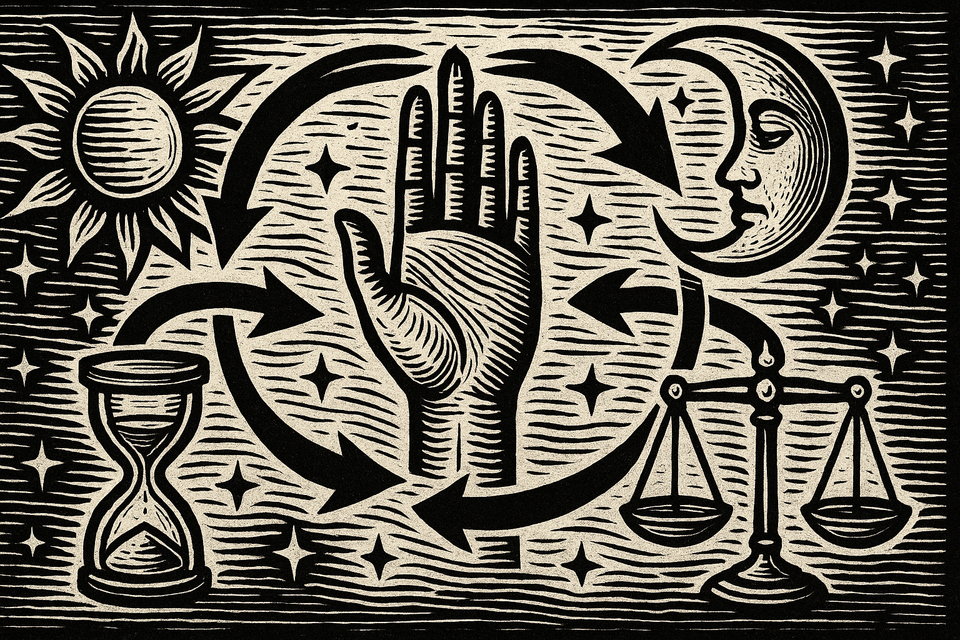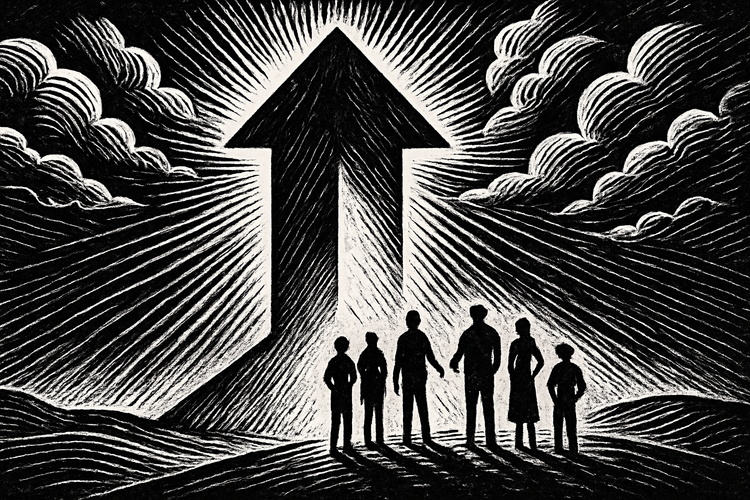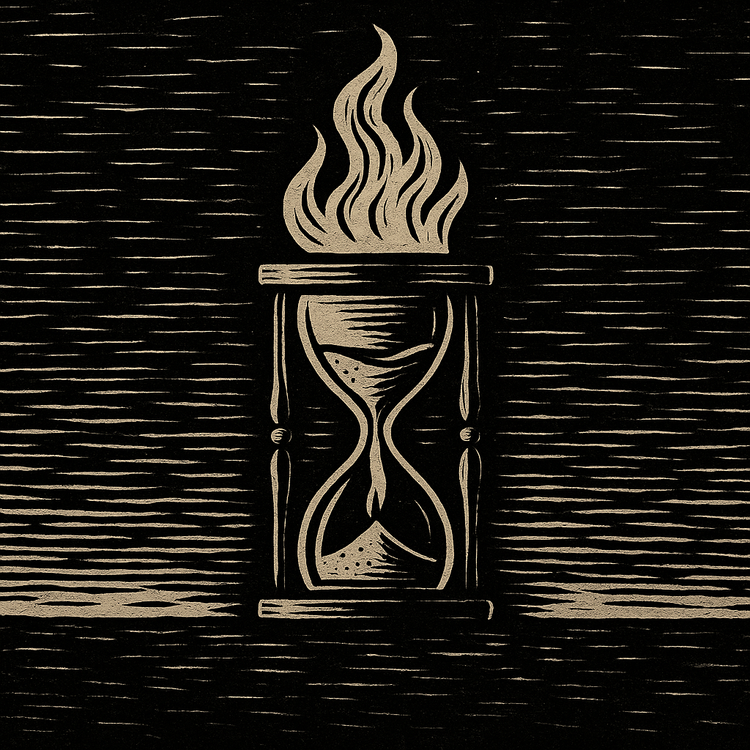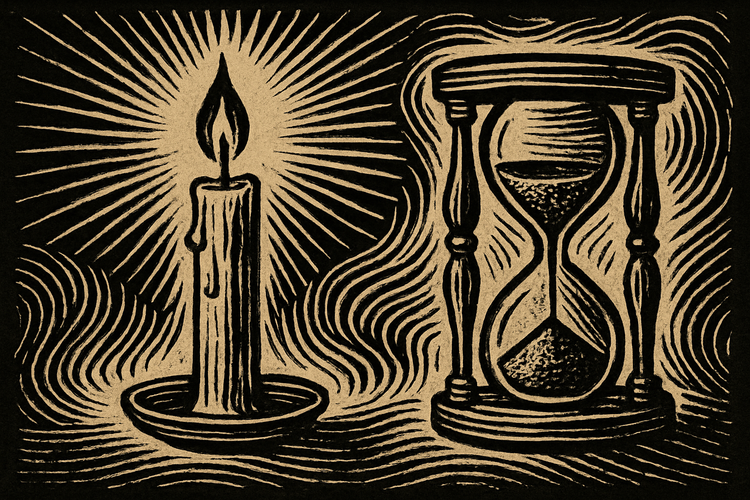The Good Place S2E2 "Dance Dance Resolution"

Spoiler Warning: This reflection contains full spoilers for The Good Place, including retrospective insights and thematic allusions. It assumes familiarity with the entire series and is written from the perspective of a rewatch.
If the Season 2 premiere hinted that Michael’s plan was doomed by forces beyond his control, Dance Dance Resolution makes it undeniable. In a dizzying montage of hundreds of reboots, we watch his elaborate designs crumble again and again—sometimes in seconds—no matter how drastically he rewrites the rules. Each iteration is a gambler’s spin of the wheel, persistence tipping into desperation, hoping the universe will finally relent. But the pattern holds: Eleanor finds Chidi, the bonds reform, and the architecture collapses. The episode plays like a cosmic stress test, and the result is clear—this balance will not break.
Complicating matters, Michael’s own ranks are in revolt. The demons are on strike, tired of endless improvisation, and “Real Eleanor”—Vicky—has emerged as their de facto leader. She threatens him with real consequences if he doesn’t produce results, while Sean remains blissfully unaware that they’re well past reset number two. Michael’s failures are no longer just personal embarrassments; they’re political liabilities. He’s trapped between the humans who keep outmaneuvering him and the demons who no longer trust his command.
In that pressure cooker, Michael’s relationship to the game begins to shift. His conversation with Jason—earnest in its own absurd way—plants the idea that maybe he needs a “new dance crew.” It’s a ridiculous metaphor, but it sparks something: the possibility that changing the lineup, even aligning with the humans, might get him further than the constant resets. The question is whether this is a true turning point or just another trick in a long series of tricks.
From the perspective of the cosmic balance we’ve been tracing, the answer matters. This is not a neutral system; it is one in which intent is part of the moral equation. In the short term, the universe may use exhaustion and circumstance to force Michael into cooperative action. But its endgame seems larger: not just behavior that aligns with harmony, but a genuine shift in motive—a transformation that moves him from manipulator to participant. If these first two episodes are any indication, Season 2 may be less about winning or losing the game, and more about reshaping every player’s reasons for playing.



Comments ()